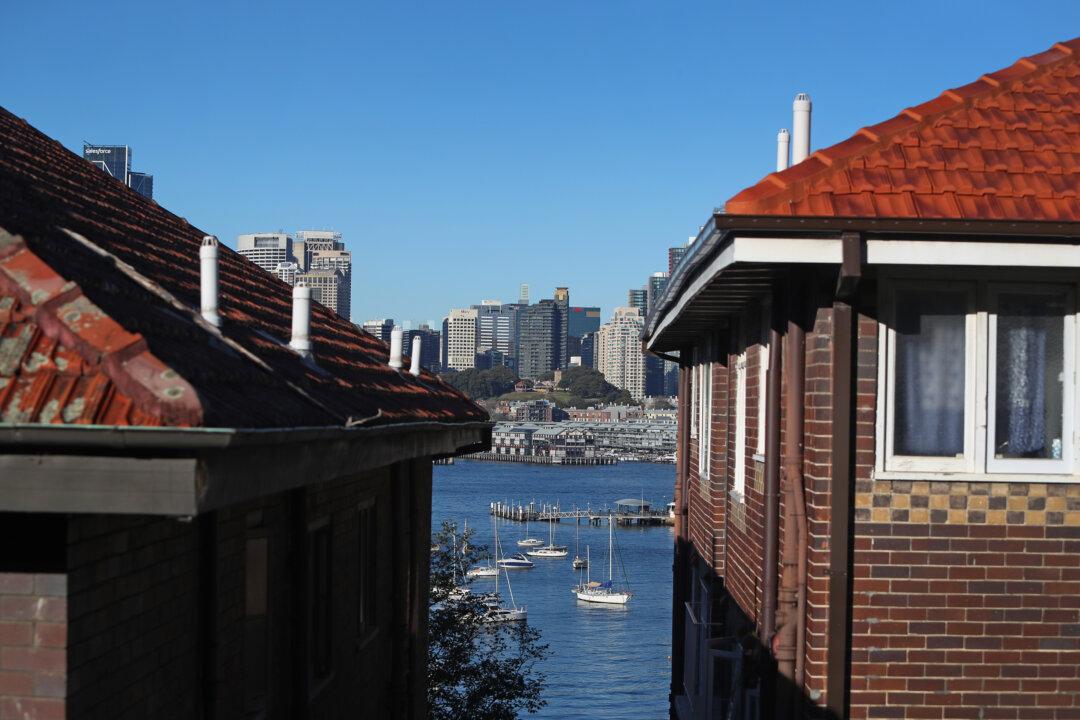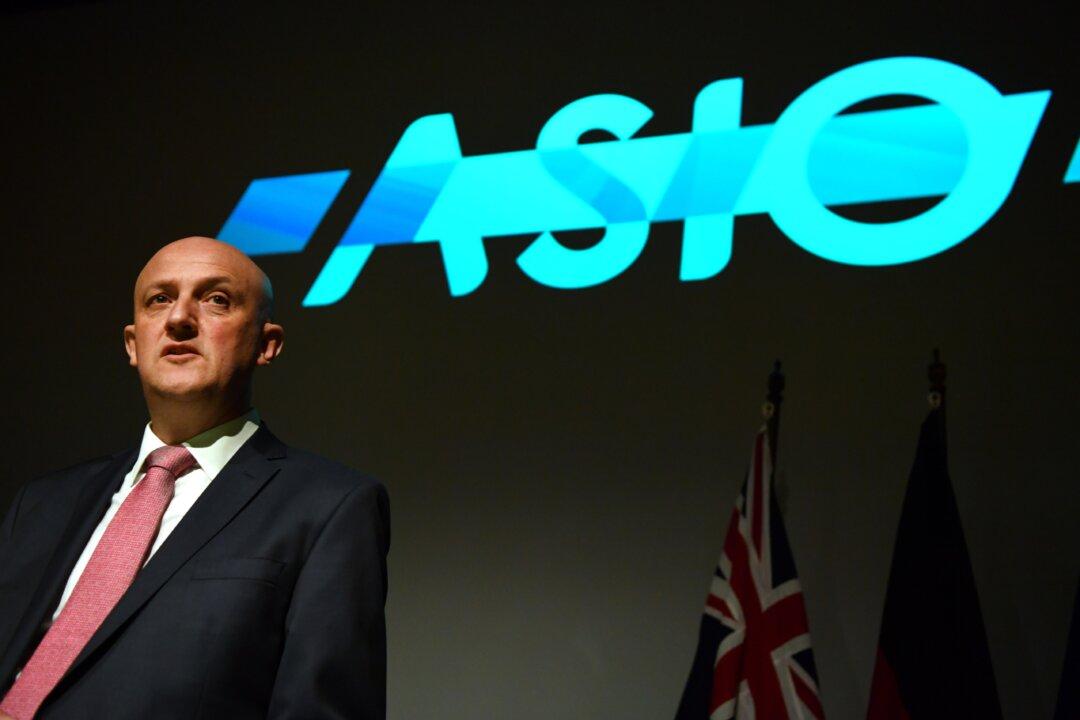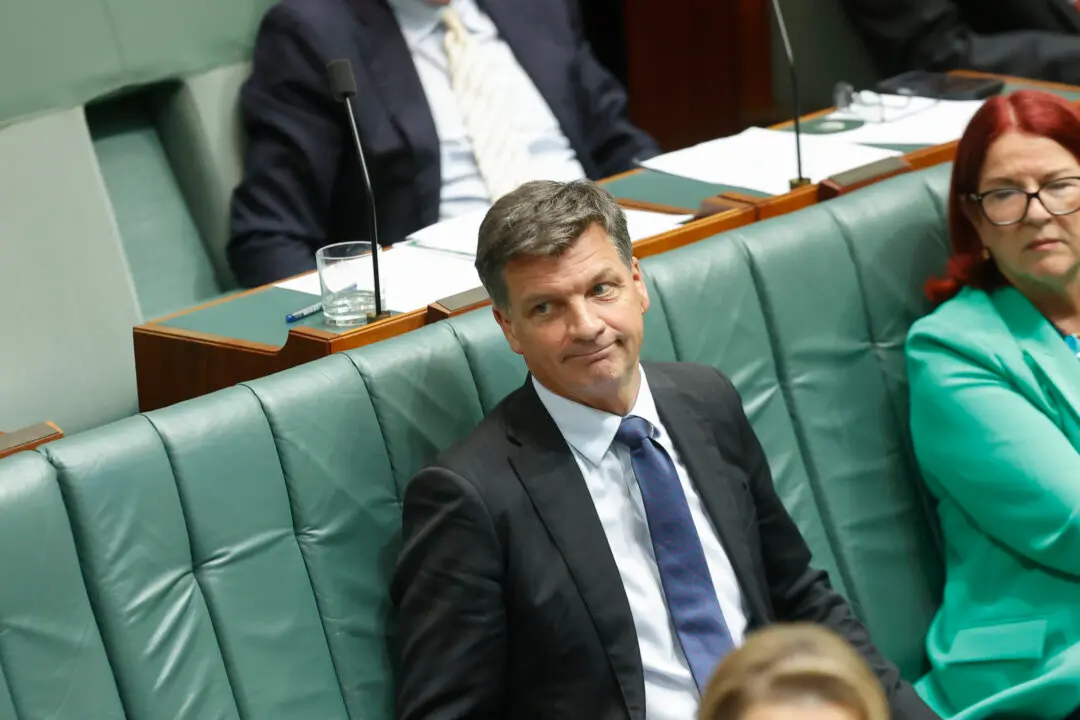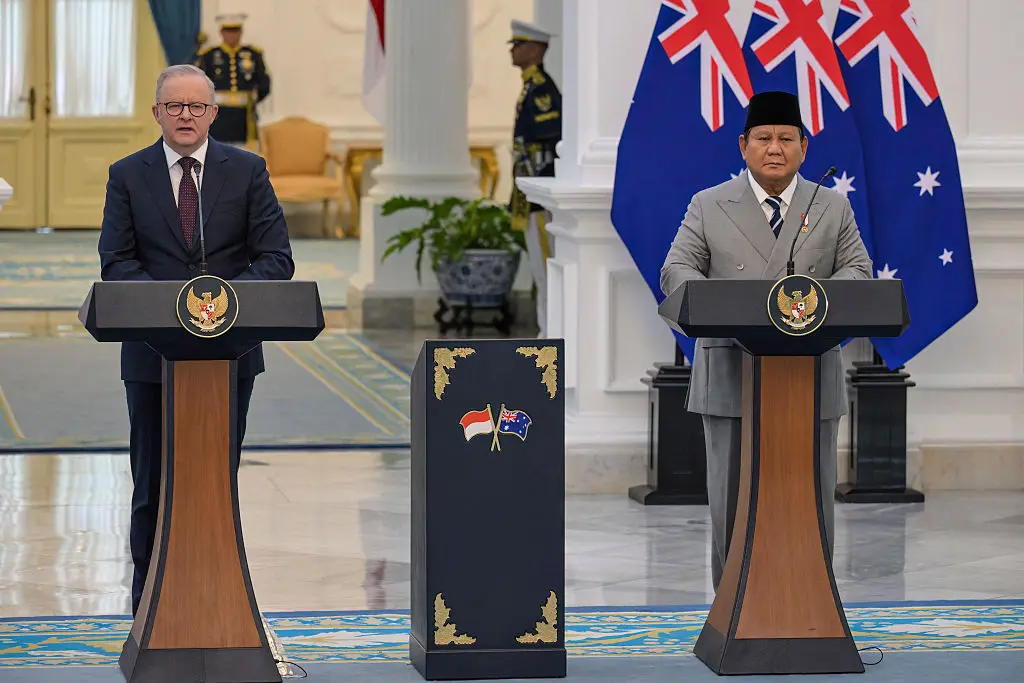The Labor government’s latest attempt to pass its Help to Buy Bill has stalled with the federal opposition, Greens, and One Nation opposing it.
The motion was suspended after receiving 19 “yes” votes to 41 “no” in the Senate on Sept. 17, leaving Senator Murray Watt frustrated.





